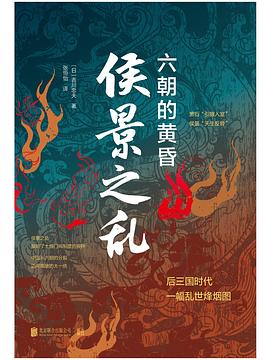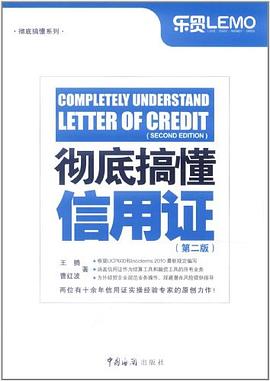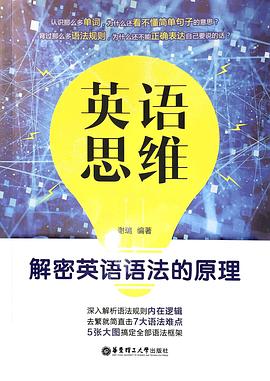The Origins of the Chinese Nation
内容简介
In this major new study, Nicolas Tackett proposes that the Northern Song Dynasty (960–1127) witnessed both the maturation of an East Asian inter-state system and the emergence of a new worldview and sense of Chinese identity among educated elites. These developments together had sweeping repercussions for the course of Chinese history, while also demonstrating that there has existed in world history a viable alternative to the modern system of nation-states. Utilising a wide array of historical, literary, and archaeological sources, chapters focus on diplomatic sociability, cosmopolitan travel, military strategy, border demarcation, ethnic consciousness, and the cultural geography of Northeast Asia. In this ground breaking new approach to the history of the East Asian inter-state system, Tackett argues for a concrete example of a pre-modern nationalism, explores the development of this nationalism, and treats modern nationalism as just one iteration of a phenomenon with a much longer history.
......(更多)
作者简介
Nicolas Tackett earned his B.S. from Stanford University (1998) and his Ph.D. from Columbia University (2006). He has been at the University of California, Berkeley since 2009, where he has taught undergraduate and graduate courses on a variety of topics, including 'Imperial China and the World', 'Precursors of Modern Nationalism', 'Frontier History', and 'History of Nationalism in Asia'. Tackett's first book, The Destruction of the Medieval Chinese Aristocracy (2014), received the American Historical Association's John Henry Breasted Prize in 2015. He was also the recipient of post-doctoral fellowships at Stanford University and the Getty Research Institute, and of an ACLS Digital Innovation Fellowship. He has given talks on four continents and in three languages on topics related to Tang-Song China.
......(更多)
目录
Introduction
Part I. Political Space:
1. Diplomacy and cosmopolitan society
2. Military defense of the Northern Frontier
3. Bilateral boundaries
Part II. Cultural Spaces:
4. The Chinese nation
5. Mortuary cultures across the Chinese-Steppe divide
6. Sinic space and Han Chinese
Conclusion
......(更多)
读书文摘
如果说唐王朝是一个多民族的帝国,收编各种牧马骑射的部族为自己征战。那么宋王朝则是一个汉民族国家,以族群与文化上的汉人组成自己的军队。
新的任贤观念使得农民的儿子也能有朝一日身居高位。因此,就观念上而言,士大夫意识很容易转化为一种更为开放的视角,将整个帝国包括农民在内的人群看作同一个共同体。
......(更多)






